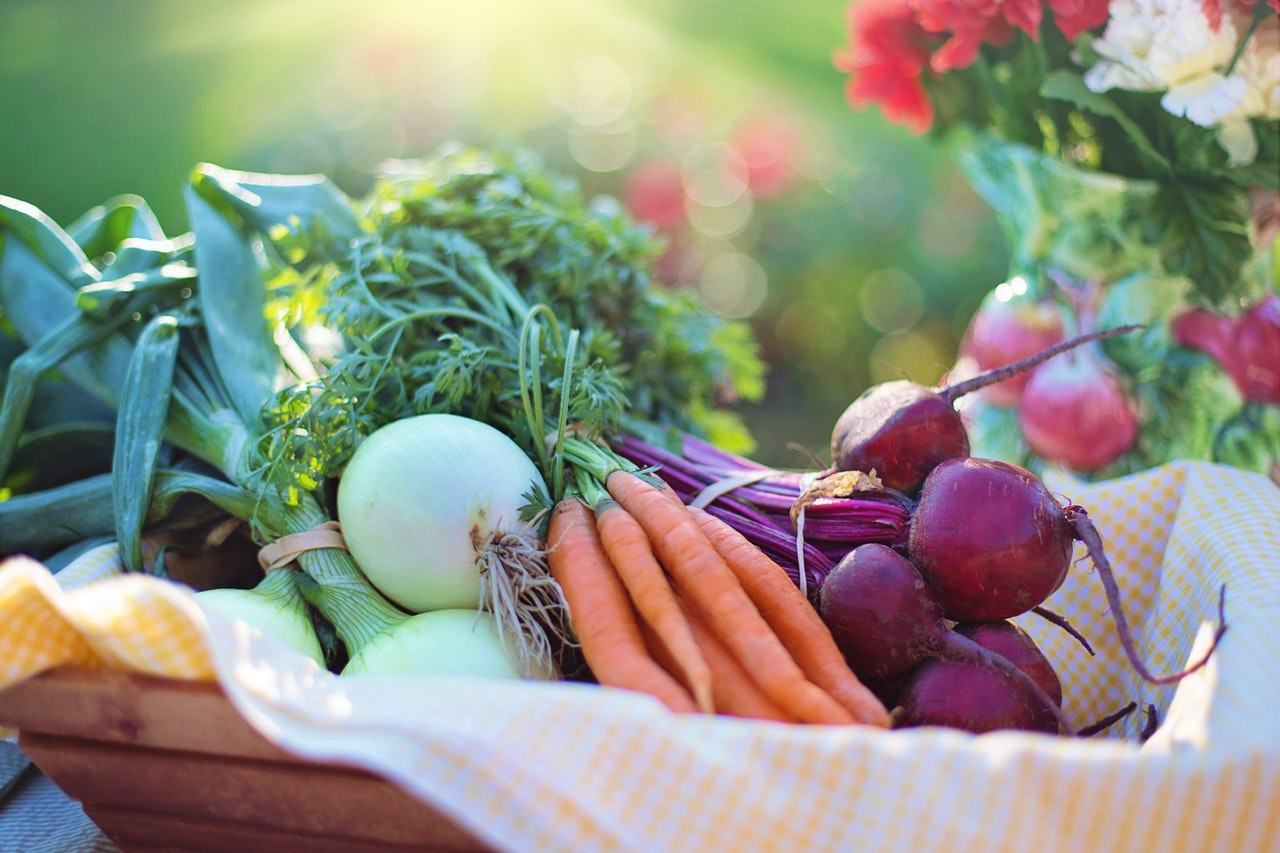Food deserts are defined as urban areas where affordable and good-quality fresh foods are hard to find. They occur most often in low-income communities where Black and Brown people make up the majority of residents. This lack of access to nutritious foods contributes to negative health outcomes such as higher rates of diabetes, heart disease, and high blood pressure.
Although they only make up 2 percent of the farming community, Black-owned urban farms are making it their mission to bring fresh produce to their city-dwelling neighbors.
Support these ten Black-owned urban farms as a way of demonstrating that we all deserve access to healthy foods, regardless of our zip codes:
Farms to Grow, Inc. (Oakland, CA)
Farms to Grow is an Oakland-based nonprofit that is dedicated to working with Black farmers and helping them create sustainable farming and innovative agriculture practices which preserve cultural and biological diversity.
City Slicker Farms ( Oakland, CA)
City Slicker Farms provides a “nourishing community” that combats food deserts in the East Bay by providing access to quality food through urban farming, education, and recreation. City Slicker Farms has been at the forefront of the urban farming and food justice movements and gained national recognition for their work with Oakland’s low-income communities.
Three Part Harmony (Washington, DC)
Three Part Harmony Farm is owned by DC resident Gail Taylor who has been an organic farmer since 2005 and assisted in the passage of DC’s 2014 Farm Bill. The farm seeks to create a sustainable local food economy that uproots racism and other forms of oppression that impact the food system. Three Part Harmony donates produce to soup kitchens and food pantries that redistribute food to people in need.
Soilful City (Washington, DC)
Soilful City is owned by DC native Xavier Brown who draws from ancestral and indigenous wisdom to create sustainable farming practices. The farm is committed to creating healthy neighborhoods and has assisted in the creation of an urban agriculture training space in Ward 8 and other community-building projects.
Tha Flower Factory (Baltimore, MD)
Tha Flower Factory is an initiative started by Walker Marsh that repurposes Baltimore’s abandoned lots into green spaces that can provide nourishment and respite for the local community. Marsh began the project with a $63,000 grant from the city that allowed him to create one successful flower farm. He hopes to convert more of Baltimore’s 14,000 vacant lots.
Patchwork City Farms (Atlanta, GA)
Jamila Norman founded her 1.2-acre Patchwork City Farms in 2010 and has since become a leader in the Farm to Table, Slow Food, and Sustainable Agricultural movements. Norman is also one of the founding members and current manager of the South West Atlanta Growers Cooperative (SWAG Coop), which has a mission of strengthening and providing support to Atlanta’s community of Black farmers. Patchwork City Farms is Certified Naturally Grown and does not use unsafe chemical fertilizers, pesticides or herbicides.
D-Town Farm (Detroit, MI)
Owned by activist and educator Malik Yakini, D-Town Farm is a seven-acre urban farm that works to identify and alleviate the impact of racism and white privilege on the food system. The co-op hosts volunteer opportunities that allow the local community to learn urban farming techniques and sells affordable produce.
Rise & Root Farm (Chester, NY)
Although their land is located in rural upstate, Rise & Root Farm remains strongly connected to New York City and is dedicated to building a local food economy that centers equity and justice. The farm was started by former Bronx resident Karen Washington, who has been a community activist speaking out on food justice issues for over 30 years.
Soul Fire Farm (Petersburg, NY)
Soul Fire Farm is a community farm that centers Black Indigenous People of Color (BIPOC) and is committed to ending racism and injustice in the food system. The farm raises and shares food in an effort to end food apartheid. Soul Fire hosts everything from youth programs to BIPOC farmers immersions to anti-racist training.
Mudbone Grown (Portland, OR)
Mudbone Grown is a Black-owned farm that promotes intergenerational community-based farming to create sustainable environmental, social, cultural, and economic impacts in communities. The farming enterprise develops workplace-based educational experiences to help teens, young adults, and low-income communities develop marketable careers, education skills that help build, and sustain community capacity and place them in local jobs.





